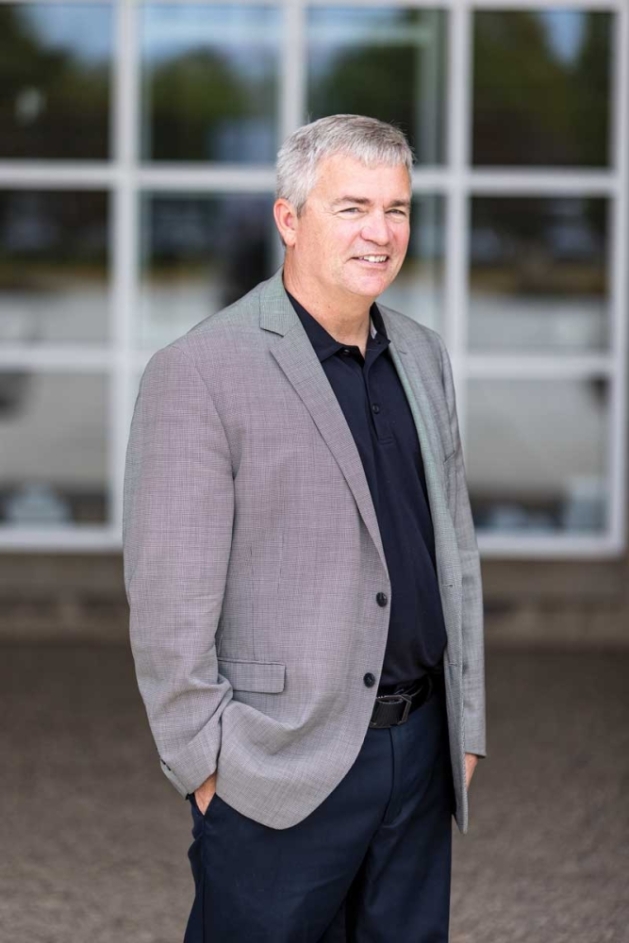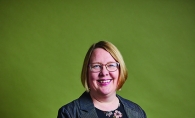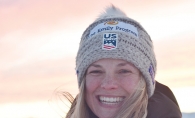
Mike Funk, Ed.D., has an impressive professional record. As Albert Lea Area Schools superintendent, he increased the graduation rate from 68 percent to 81 percent; increased the percentage of students of color from 22 percent to 42 percent; allowed students, regardless of free/reduced status, free entry into school events; and created a pay-what-you-can registration system for extracurricular activities. He plans to bring this inclusion and equity philosophy to Stillwater Area Public Schools as he steps into the role of superintendent.
Funk and his family—wife, Anne, and daughters Maddy, who works at the University of Minnesota, Katie, who attends Macalester College, and Alex, a junior at Stillwater Area High School—moved to Stillwater this summer. Here, he shares insight into what the future
of Stillwater schools may look like.
What drew you to Stillwater?
One of the things we like to do in the winter is skiing ... I retired from the Army National Guard after 30 years of service a few years ago ... When I retired, we started driving to Afton Alps every Sunday, from late November to February [to] go skiing. That’s really the draw of the area. It’s so beautiful, and there are different, cool things here outdoor-wise. My wife also likes Afton State Park, so that area was also part of the draw … In the summer, we spend a lot of time on the water, and with the St. Croix River there, we’re looking forward to that.
What are your goals as superintendent?
The first thing I want to do is bring in some stability and, fortunately, I have been a superintendent since 2005. I have a good idea how to run a school district and how to work with the community, school board and administration … I want to get back to meeting the needs of the kids … One thing I want to do when I come in is have an entry plan and meeting with people in the school system and key folks in the community. I want to ask, “What’s going well in Stillwater? What isn’t? What are your thoughts on opportunities where we can do better?” I want to take that information and share it with the board ... and really work with the board and the wider community to develop a strategic plan for the district to lead us into the next decade.
How will you implement strategies that you used at Albert Lea into Stillwater?
When I came to Albert Lea in 2009, we were about 78 percent white and 22 percent students of color. Stillwater is almost an identical mix … We’ve seen a shift in dynamic. [We’ve been] very purposeful in working with the wider community as we’ve changed as a school system. Internally, we have hired, what we call, success coaches in the district. Those are people who oftentimes speak a different language, whether Korean, Sudanese or Spanish, and [they] work with families and help them transition into the district. We’ve also been purposeful working with staff to educate them on different cultures, becoming more diverse and focusing on what that means and teaching perspective because not everyone looks the same or thinks the same … Stillwater is starting to accelerate their increase in diversity as we speak, so we will take some of those strategies and implement them moving forward.
What do you want to tell the students of Stillwater schools?
Expect the best. We want the best experience for everybody associated with Stillwater schools. Have high expectations. I want great things for the students, great things for the staff and great things for the community. That’s what
I believe in my core.









